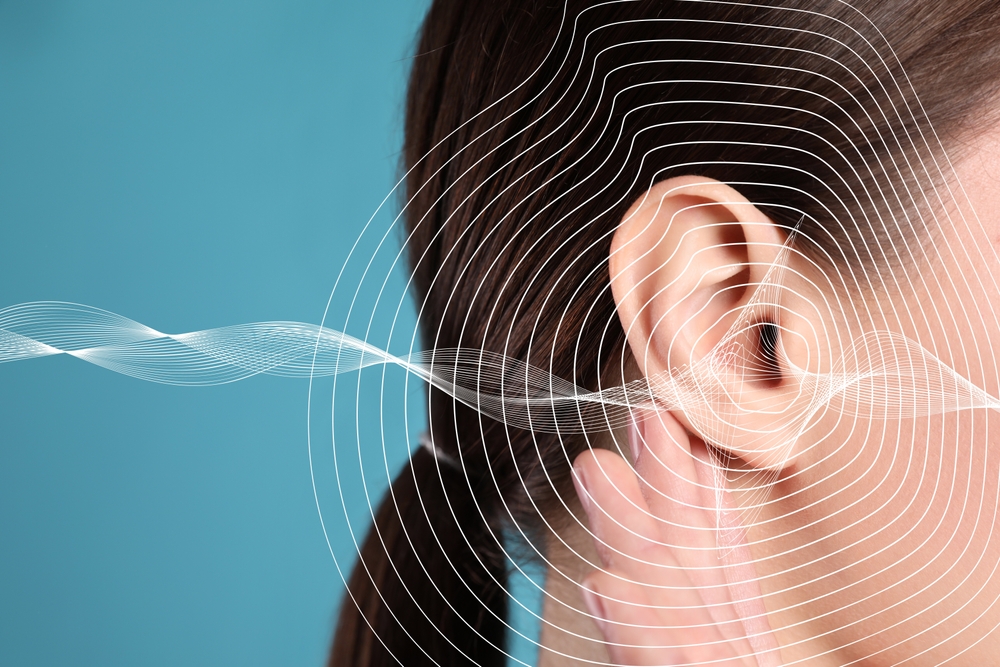 Hearing loss affects millions of people around the globe, causing major issues in communication, education, and other aspects of our daily lives. However, this doesn’t always have to be the case.
Hearing loss affects millions of people around the globe, causing major issues in communication, education, and other aspects of our daily lives. However, this doesn’t always have to be the case.
By understanding the various types and underlying causes of hearing loss, you can often prevent this damage. This article will provide an in-depth guide through the complexities of hearing loss, including its types, causes, preventive measures, and available treatments.
Exploring the Types of Hearing Loss
Hearing loss is generally categorized into three primary types, each with unique characteristics and treatment approaches. Understanding the differences between each type is essential for effective management and recovery:
- Conductive
- Sensorineural
- Mixed
Conductive
Conductive hearing loss occurs when there is an obstruction or damage that prevents sound from being conducted efficiently through the outer ear canal to the eardrum and the tiny bones of the middle ear.
Common causes include earwax buildup, fluid in the middle ear from colds or allergies, ear infections, perforated eardrum, or dysfunction of the ossicles. Treatments often involve removing the blockage, treating infections with medication, or in some cases, surgical procedures to repair the structures of the middle ear.
Sensorineural
This type is caused by damage to the inner ear (cochlea) or to the nerve pathways from the inner ear to the brain. Major causes include aging, exposure to loud noise, head trauma, virus or disease, and genetic predisposition.
Unfortunately, sensorineural hearing loss is generally permanent, but patients can often find relief in solutions like hearing aids, cochlear implants, and other forms of auditory prostheses.
Mixed
Mixed hearing loss occurs when both conductive and sensorineural hearing loss are present. This complex condition may occur when the ear sustains some form of trauma or disease that affects both the outer or middle and the inner ear.
Treatment typically involves a combination of the approaches used for conductive and sensorineural hearing losses, tailored to the specific needs of the individual.
Understanding the Causes of Hearing Loss
The causes of hearing loss are widespread, with both controllable and uncontrollable factors influencing your susceptibility to hearing loss. Typically, hearing loss results from a combination of one or more of the following:
- Age
- Noise
- Illness
- Genetics
Age
Age-related hearing loss, or presbycusis, is a common form of sensorineural hearing loss caused by the natural aging of the auditory system. It tends to occur in both ears, affecting them equally, and because it develops gradually, it can sometimes go unnoticed until it becomes more pronounced.
Noise
Excessive noise is one of the most common causes of hearing loss. Noise-induced hearing loss can stem from prolonged exposure to high decibel levels, such as those found in noisy workplaces, loud music at concerts, or even everyday activities like mowing the lawn. Prevention is crucial and includes using ear protection in loud environments and following guidelines for safe listening.
Illness
Various illnesses can contribute to hearing loss. Viral infections (like measles or mumps), bacterial infections (such as meningitis), and chronic diseases like diabetes or hypertension can impair the auditory system. Autoimmune diseases can also target the inner ear or auditory nerve, resulting in hearing loss.
Genetics
Genetic predisposition plays a significant role in many types of hearing loss, especially those that are congenital (present at birth). Genetic hearing loss may manifest itself immediately at birth or develop later in life. Understanding family history can provide significant insights into the risk of genetic auditory problems.
Preventing Hearing Loss with Proactive Strategies
While some of these factors are out of your control, you can still reduce your likelihood of developing hearing loss by employing a number of strategies. First and foremost, routine hearing evaluations are critical, especially for those at risk of noise-induced or age-related hearing loss. By seeking regular evaluation, you can identify and address any issues before they become problematic.
Lifestyle adjustments, like minimizing exposure to loud noise and managing chronic health issues, can also significantly reduce risk. It’s also helpful to seek education on safe listening practices, particularly for younger individuals who frequently stream at high volumes.
Seeking Treatment to Optimize Your Hearing
Whether you’re looking to preserve or improve your hearing, seeking treatment is often the most effective strategy. A skilled audiologist can identify minor changes in your hearing, ensuring your hearing ability is preserved over time.
To get started with your hearing evaluation, get in touch with an expert at El Dorado Hearing. Our audiologists have years of experience helping people improve and maintain their hearing health. Give us a call at 702-857-8188 or take a quiz to learn more!




Leave a Reply